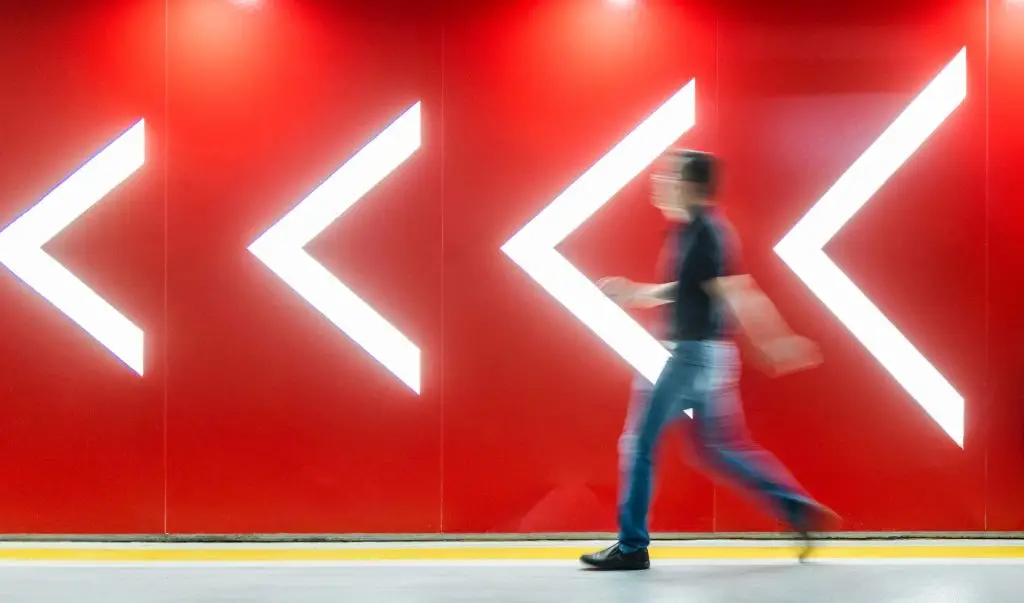
In France, traditional media still matter. While much of Europe has shifted its attention – and advertising spend – toward digital platforms, French audiences continue to place unusual trust in established outlets like Les Échos, Le Monde and TF1. For international financial firms, that makes France a communications outlier: a market where credibility depends less on content volume and more on who tells your story.
At a recent Cognito roundtable in London, François Ramaget (Director of Cognito France) and Alice Pasko (Senior Investment Advisor for the UK and Ireland at Business France) unpacked what this means for financial brands trying to earn attention in Paris.
1. France Bucks the Trend: Trust in Traditional Media Remains
While trust in media declines across most markets, with the UK experiencing one of the steepest drops, France shows the opposite. The Edelman Trust Barometer reports a 5% increase in trust among French audiences, who favour traditional outlets like newspapers and TV over social media news sources. This positions France as a prime market for earned media investment, building brand credibility and visibility through trusted channels while other major financial markets face eroding media trust.
For B2B financial services firms entering French markets, awareness of the ‘fintech paradox’ is essential. KPMG labels France as having Europe’s largest fintech ecosystem, yet adoption remains low. Only 34% of French consumers use fintech apps, compared to 75% adoption across other European countries.
Interest in fintech runs high in France, but consumer understanding and enthusiasm remain mixed. François emphasised how understanding the media environment overcomes these adoption challenges:
“Financial journalists, tech journalists, they are believed. They are credible, they are legitimate. In France, we do believe in Les Échos or BFM TV. There is an opportunity for brands to build credibility through earned media.”
2. Prioritise Quantifiable Statements over Qualitative Claims
Data-driven storytelling delivers fresh insights that resonate with French audiences. François confirmed ‘data works’ and French journalists want concrete figures that substantiate claims.
Data alone isn’t sufficient – 65% of people feel overwhelmed when looking at raw figures. Context and interpretation matter. François advises creating proprietary research:
“You need to have your own data, to think of creating your own barometer, which you could provide regularly, which allows you to bring your data to life.”
German cybersecurity company SoSafe demonstrates this approach. SoSafe achieved successful data storytelling by sharing findings on AI-powered cyberattacks showing 82% of French professionals experienced such attacks in 2024. The data secured coverage in notable French tech media including LSA, ITPro.fr and Alliancy.
3. Understand the French Spirit
The roundtable revealed how central the “French spirit” and local presence are to establishing organisational credibility within the French media landscape – a point both François and Alice emphasised repeatedly.
Cision’s Europresse data shows approximately 14 fintech articles published daily in France. Reaching outlets requires understanding which publications dominate French media discourse and how they prefer to receive information. Alice’s key insight:
“French people prefer to deal with companies who have an entity on the ground. So even if it’s just one person at first, who speaks French, it will help.”
Position spokespeople on the ground who engage directly in French, maximising responsiveness and cultural authenticity. The French market remains “size agnostic”. Large Parisian offices with hundreds of employees aren’t required. François reinforced this: “French journalists prefer local stories. If you’ve got a first French client, it’s great. Journalists love case studies.”
Foreign brands can succeed in French media. UK fintechs Revolut and Wise demonstrate this – both secure regular coverage in French specialist media, proving that nationality matters less than local commitment and newsworthy stories.
According to François, French media value honesty and substance. “You need to take stances, you need to have positions, so as to demonstrate that you are not just a brand name, but you are real people, having real views about what’s happening in your space.”
Brands must openly discuss their movements. Contributing to French society or environment? Discuss it. Recent news or debates relevant to your sector? Arrange spokesperson interviews. Consider compliance as an opportunity to demonstrate regulatory expertise rather than a burden. French audiences expect substance over promotion.
LinkedIn proves particularly powerful in France – the sixth-largest LinkedIn market globally in 2025. Share earned media on company and leadership pages, tag journalists who wrote the coverage, and encourage team engagement to extend reach while building journalist relationships.
The Bottom Line
France’s high media trust rewards firms that lead with data, establish local presence, and communicate directly with French audiences. The opportunity is substantial, but only for those willing to genuinely commit to the market.
Robyn Lee is a graduate trainee in the London office




